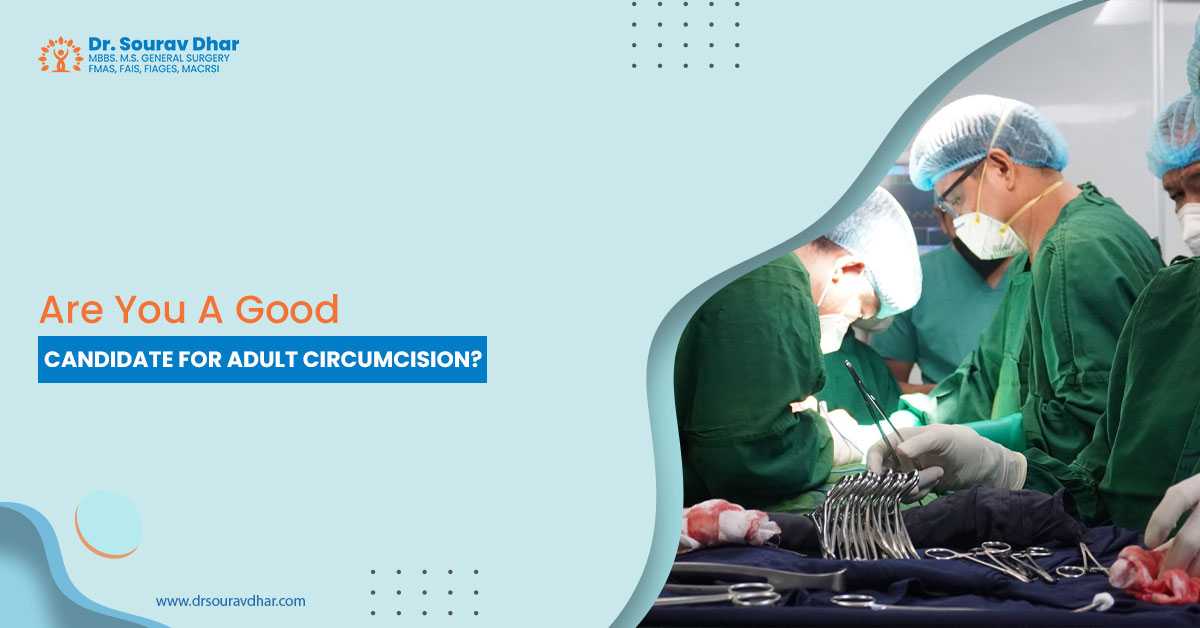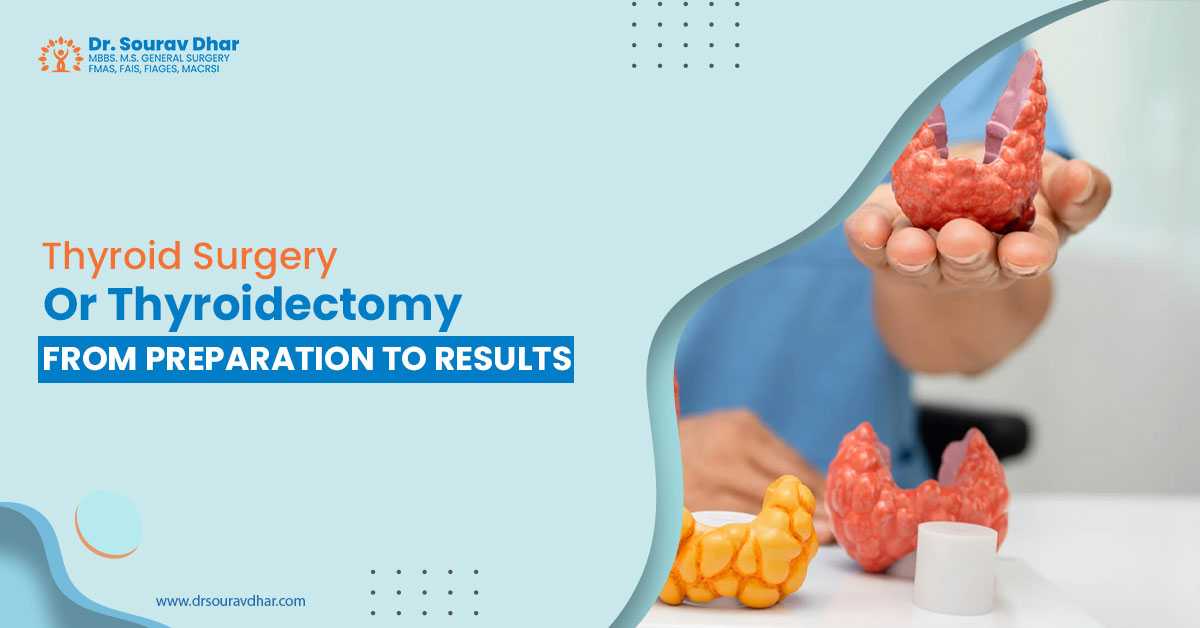Unlike other diseases that get away on their own and do not need dedicated treatment, the hernia is one such health condition that does get better on its own. In most cases, the hernia gets bigger causing serious health conditions. However, consulting with the best general surgeon in Siliguri can help you acquire the best treatment for hernia.
There are numerous types of hernia that come with various health complications which if not treated can lead to life-threatening conditions. While some types of hernia can be treated with laparoscopic surgery some of them need traditional surgery to overcome its symptoms. In this blog, we will be discussing the types of hernia that need to undergo surgery.
Types of hernia that require surgery
- Incisional hernia
These are the type of hernias that mostly occurs after abdominal surgery mostly through the incompletely healed surgical wound. This type of hernia may vary from size to size which if left untreated can increase in size making it difficult to treat. Surgery is the best possible treatment for Incisional hernia that can include both open as well as laparoscopic surgery based on the size and location of the hernia.
- Inguinal hernia
An inguinal hernia occurs when a part of the intestine or nearby tissue bulges through a weak spot of the lower abdominal wall near the groin area causing severe pain and burning sensation. Your doctor might conduct a laparoscopic surgery to push the organs back to their original place. However, in some cases, your doctor might conduct pen surgery to remove the affected section. You may also consult with a reputed general surgeon in Siliguri to learn more about hernia surgery.
- Umbilical hernia
An umbilical hernia occurs when a portion of the intestine or fat tissue bulges between the abdominal muscles and the belly button. While most umbilical hernias are small and asymptomatic, they cannot be treated using natural healing and therefore need immediate medical attention. Surgery is the best form of treatment that helps to get rid of your hernia completely with less risk of reoccurring in future.
- Femoral hernia
A femoral hernia occurs when tissue, such as the intestine or fat, bulges out through a weak spot in the femoral canal or a passageway in the groin area. While some femoral hernias may not require immediate surgery, there are situations where surgical intervention is necessary to prevent complications and improve quality of life. No matter the condition of your hernia, it is advised to consult with an expert for better preventive measures.
- Epigastric hernia
An epigastric hernia occurs when a portion of the intestine or other abdominal tissue bulges between the abdominal wall and breastbone which can cause severe pain. In most cases, epigastric hernia does not show any initial symptoms therefore determining it can be difficult. You may consult with a general surgeon in Siliguri who can help you determine whether or not you are suffering from an epigastric hernia. Surgery is the best form of treatment over epigastric hernia that can help with any further life complications.
- Spigelian hernia
A Spigelian hernia is a type of abdominal wall hernia that occurs between the upper and lower abdominal wall. Intra-abdominal pressure and trauma to the abdominal wall are some of the major causes of Spigelian hernia. While not all Spigelian hernias require immediate surgery, there are several conditions when surgical intervention is recommended.
Almost all types of hernia require undergoing a surgical procedure while the complexity can depend highly on the type and severity of the hernia. In some cases, your doctor might conduct an open surgery while in some open surgery is recommended. It is better to consult with the best general surgeon in Siliguri to have a better understanding related to the surgery. You may also discuss regarding the side effects and recovery time associated with the treatment.






